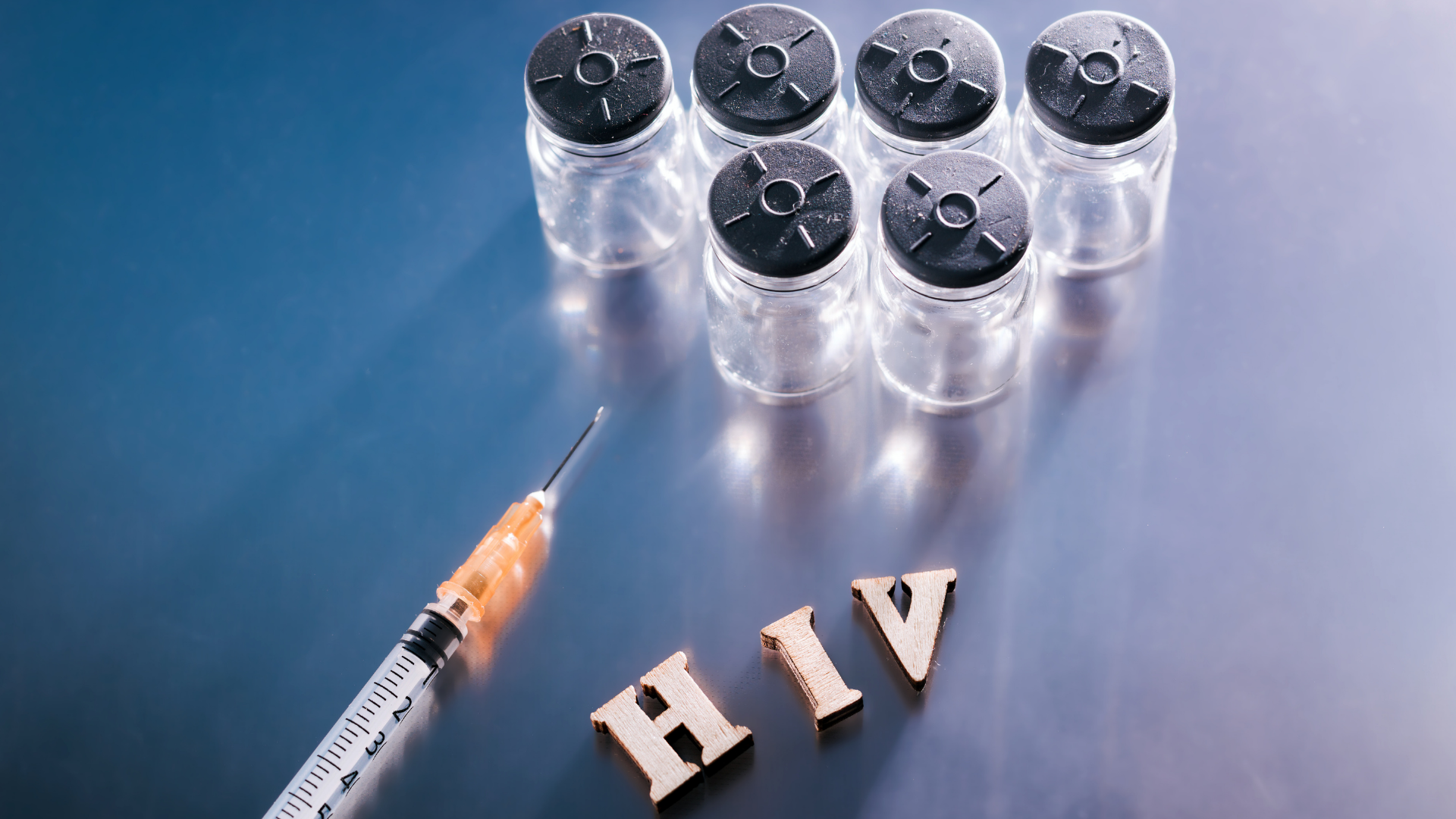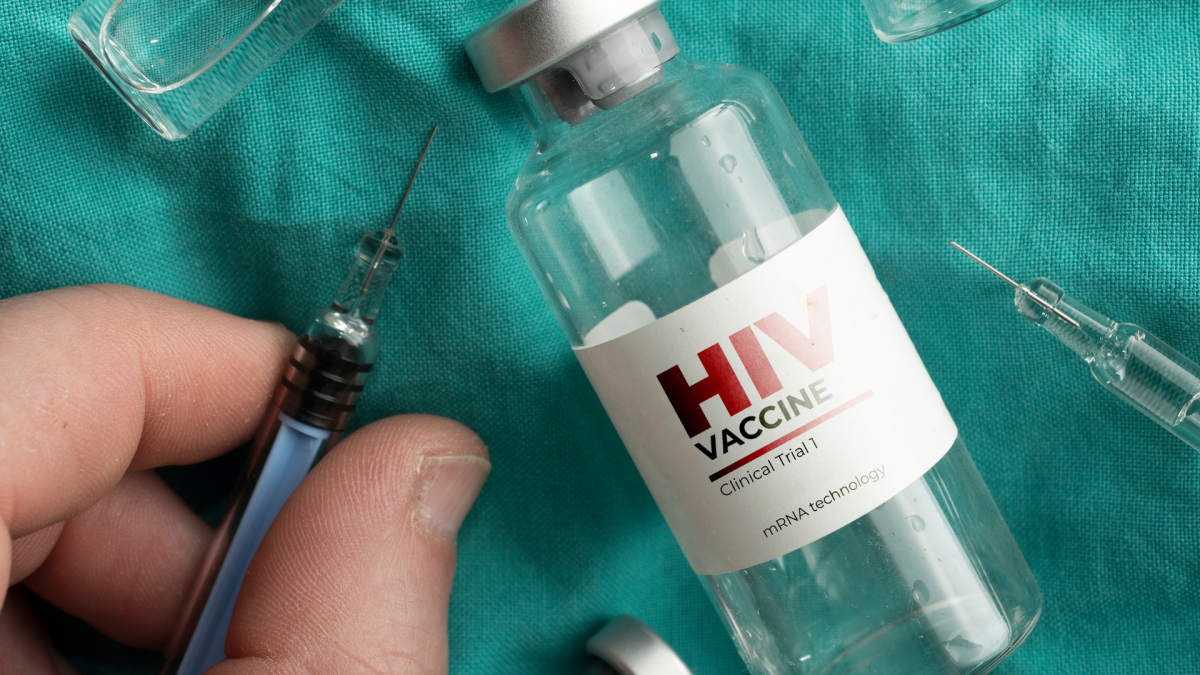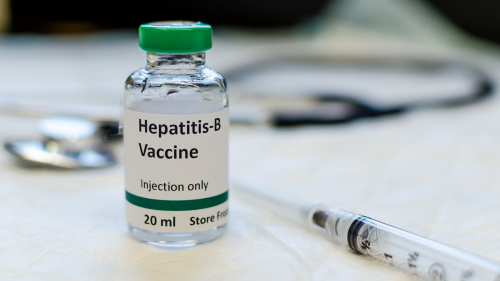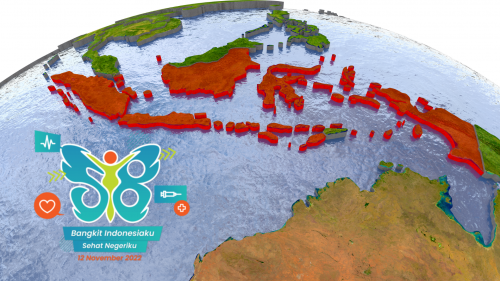Led by the National Institute of Allergy and Infectious Disease, HIV Vaccine Awareness Day is observed on May 18. This event is an opportunity to recognize the many volunteers, community members, health professionals, and scientists who are working together to find a safe and effective vaccine to prevent HIV.
HIV (human immunodeficiency virus) is a virus that damages the immune system. Untreated HIV can affect and kill CD4 cells, which are a type of immune cell called T cells.
What Is a Vaccine?
Vaccines are products made from very small amounts of weak or dead germs (such as viruses, bacteria, or toxins) that can cause diseases. They help your immune system fight infections faster and more effectively. When you get a vaccine, it sparks your immune response, helping your body fight off and remember the germ so it can attack it if the germ ever invades again. And since vaccines are made of very small amounts of weak or dead germs, they won’t make you sick.
Is There a Vaccine to Prevent HIV?
There is currently no vaccine available that will prevent HIV infection or treat those who have it. However, scientists are working to develop one. National Institutes of Health (NIH) is investing in multiple approaches to prevent HIV, including a safe and effective preventive HIV vaccine.

Picture 1. Image is for illustration only
Research aims to deliver additional HIV prevention options that are safe, effective, and desirable to diverse populations and scalable worldwide to help end the global pandemic. Despite many vaccine trials being conducted, a truly effective vaccine is not yet available. There are reasons why it is so difficult to develop an HIV vaccine because it is different from other types of viruses. HIV does not fit into the typical vaccine approach in a number of ways:
- The immune system of all humans is completely blind or has never faced a virus like HIV
- Vaccines are usually made to mimic the immune reaction of a recovered person. However, almost no one recovers after contracting HIV. As a result, no immune reaction can be replicated by the vaccine
- Vaccines are supposed to protect the body from disease, not infection
- Killed or attenuated HIV virus cannot be used in vaccines
- The HIV virus mutates rapidly. If the virus changes quickly, the vaccine may no longer work, making it difficult to create a vaccine against HIV
Why Do We Need a Vaccine to Prevent HIV?
When people living with HIV achieve and maintain viral suppression by taking HIV medication daily as prescribed, they can stay healthy and have effectively no risk of sexually transmitting HIV to their partners. Yet in 2018, 37,968 people were diagnosed with HIV infection in the United States, and in 2019, approximately 1.7 million people newly acquired HIV worldwide. To control and ultimately end HIV globally, we need a powerful array of HIV prevention tools that are widely accessible to all who would benefit from them.
Vaccines historically have been the most effective means to prevent and even eradicate infectious diseases. They safely and cost-effectively prevent illness, disability, and death. Like smallpox and polio vaccines, a preventive HIV vaccine could help save millions of lives.
Reference:
- CDC. (2020). HIV Vaccine Awareness Day
- HIV.GOV. (2021). HIV Vaccines
- Mayo Clinic. (2022). HIV/AIDS







